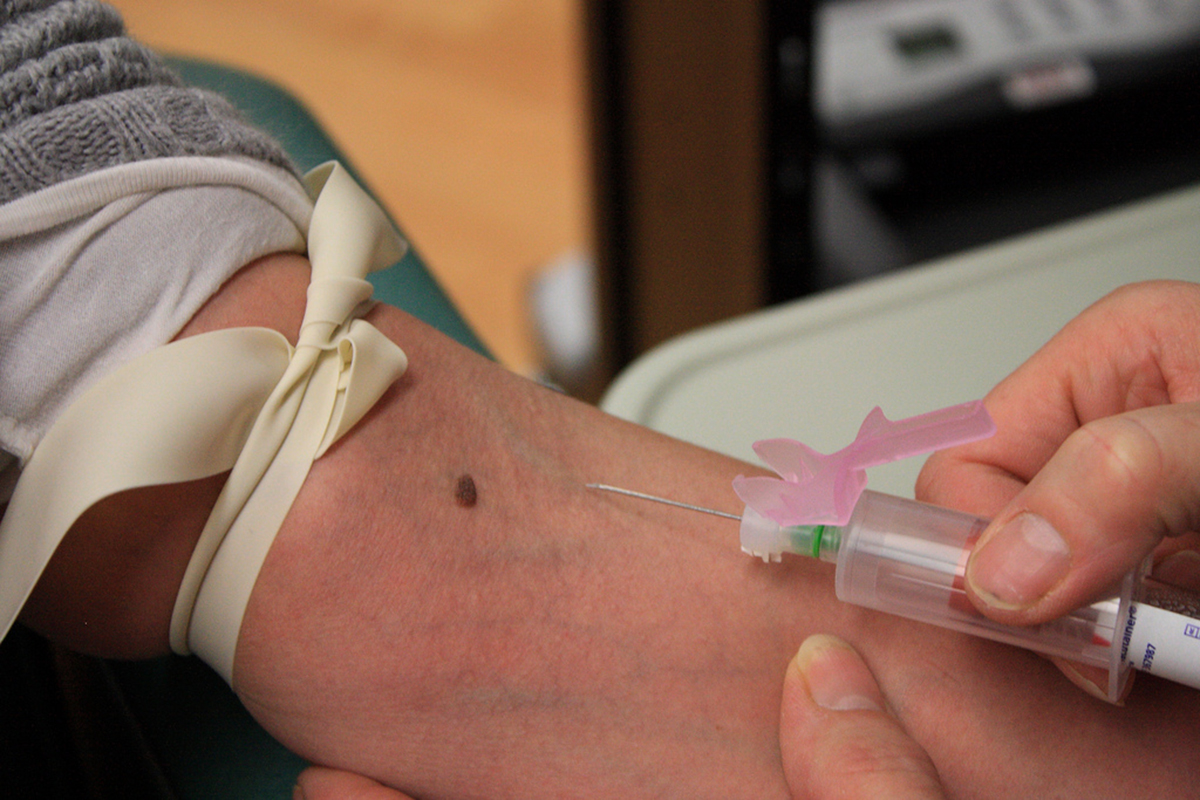Table of Contents
It is estimated that one out of four deaths is caused by cancer, making cancer the second leading cause of death worldwide. Cancer is, when untreated, a chronic disease that involves abnormal cell multiplication, which can disrupt the anatomy and function of an organ. Cancer can start as a small group of abnormal cells that can develop into a solid tumor. In its advanced stages, these abnormal cells can also begin to affect neighboring tissues and organs, slough off, or break off from the primary tumor, and travel through the bloodstream to seed distant organs, such as the lymph nodes, the brain, the bones and the liver. Death usually occurs from complications involving these affected organs.

Cancer Screening
The management of cancer, a deadly disease that continues to increase in incidence, usually begins with screening people who have been found to be at risk of developing the a specific kind of cancer. For example, women who have a strong family history of breast cancer may want to be tested for breast cancer as well as gene mutations that are known to increase the risk of it to be able to catch it as early as possible and make more informed decisions about treatment options.
On the other hand, screening for cancer in the general population or among people who have a low risk of acquiring disease may additionally have significant disadvantages. Some screening procedures, such as an endoscopic procedure to detect colorectal cancer, are not without health risks to the patient. Getting false-positive test results can cause anxiety in patients who are made to believe they may have cancer, when in reality they do not have the disease. Similarly, getting a false-negative result may delay treatment in patients who test negative for cancer, if the tumor is not detected immediately.
Can a Simple Blood Test Detect Cancer?
Screening for cancer usually involves a prior evaluation of a person's medical history and a physical examination. These preliminary steps, which help to determine a person's risk of developing a certain type of cancer, are then followed by taking various laboratory tests. These lab exams may include blood tests, urine tests and an examination (biopsy or imaging test) of various tissues and body substances. Blood tests may consist of complete blood counts (CBC), testing for blood proteins, testing for the presence of tumor markers, and more recently, tests for circulating tumor cells (CTC).
A CBC is common test that measures various cell types found in the blood. Blood cancers such as leukemia may be detected by taking a CBC. However, a bone marrow biopsy must be done to confirm the diagnosis of blood cancer.
Testing for abnormal blood proteins such as immunoglobulins by electrophoresis can help detect cancers such as multiple myeloma. However, other tests (i.e, bone marrow biopsy), must be done to confirm the suspected diagnosis.
Blood tests are also used to detect tumor markers, which are chemicals made by cancer cells. Examples of tumor markers include prostate-specific antigen or PSA (seen in prostate cancer) and alpha-fetoprotein or AFP (for patients with liver cancer).
See Also: Blood Tests: What Do They Tell?
This limits their potential for diagnosing cancer.
Therefore, a simple blood test may help to screen patients for cancer, but more tests will inevitably have to be done to confirm the diagnosis. Recent technologies that have been developed, however, show that blood tests that detect tumor cell DNA may be more helpful in detecting the presence of cancer. More studies have to be done to confirm the accuracy and usefulness of these tests.
- LEF. Circulating Tumor Cell Assays: A Major Advance in Cancer Treatment. http://www.lef.org/magazine/mag2010/apr2010_Circulating-Tumor-Cell-Assays_01.htm
- Mayo Clinic. Cancer blood tests: Lab tests used in cancer diagnosis. http://www.mayoclinic.org/diseases-conditions/cancer/in-depth/cancer-diagnosis/ART-20046459
- NCI. What Is Cancer Screening? http://www.cancer.gov/cancertopics/pdq/screening/overview/patient
- Stanford University Medical Center. Blood test could detect solid cancers. ScienceDaily. http://www.sciencedaily.com/releases/2014/04/140406162428.htm.
- Photo courtesy of Wheeler Cowperthwaite by Flickr : www.flickr.com/photos/wcowperthwaite/5774694766
- Photo courtesy of cbgrfx123 by Flickr : www.flickr.com/photos/72005145@N00/4044250882
- www.lef.org
- www.mayoclinic.org
- www.cancer.gov
- www.sciencedaily.com


Your thoughts on this